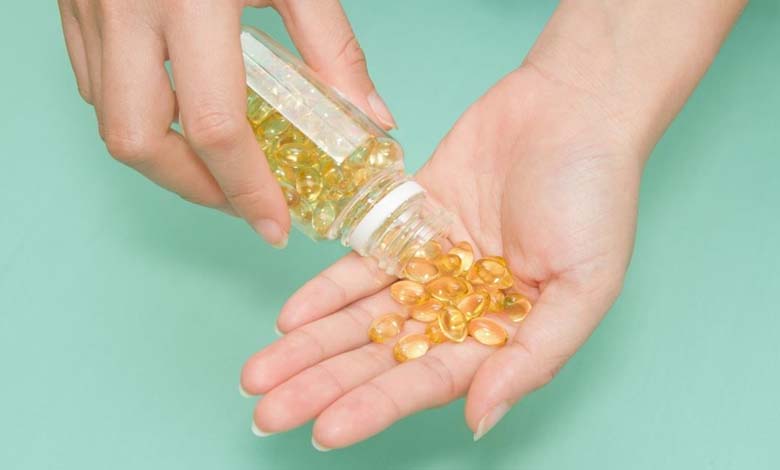Taking Vitamin D Incorrectly Can Endanger Your Health

Vitamin D, often called the “sunshine vitamin,” plays a fundamental role in maintaining bone health, immune defense, and metabolic balance. However, when taken incorrectly — in excessive amounts, without medical supervision, or in unsuitable forms — it can become a silent threat. As supplementation becomes increasingly common worldwide, awareness and caution are crucial.
-
Vitamin D or Fish Oil – Which One Is Better for Your Health?
-
Your Shadow in the Sun Reveals a Vitamin D Deficiency
The essential role of vitamin D
Vitamin D supports the absorption of calcium and phosphorus, minerals vital for strong bones and teeth. It also contributes to immune function, blood pressure regulation, and the prevention of chronic diseases such as osteoporosis and cardiovascular disorders.
Due to limited sun exposure in many regions and modern lifestyles (indoor work, use of sunscreen), vitamin D deficiency has become widespread, often justifying supplementation.
The dangers of excessive intake
A common misconception is that “more is always better.” In fact, excessive vitamin D intake can cause hypervitaminosis D, a serious condition marked by toxic calcium buildup in the blood (hypercalcemia).
Symptoms include nausea, vomiting, extreme fatigue, muscle pain, kidney stones, and even kidney failure. In severe cases, it can damage the heart and blood vessels, leading to arrhythmias and arterial calcification.
-
4 Foods That Boost Vitamin D Production in the Body
-
11 Foods to eat to get your Vitamin D this Winter
Frequent supplementation mistakes
Several common errors are observed among vitamin D users:
- Self-medication: many people buy supplements without checking their actual vitamin D levels.
- Inappropriate dosages: some take high doses designed for severe deficiencies, when much smaller amounts would suffice.
- Long-term use without monitoring: taking supplements for months or years without blood tests increases the risk of toxicity.
- Poor dietary combination: as a fat-soluble vitamin, vitamin D should be taken with a meal containing fats for optimal absorption.
-
Vitamin D Deficiency: beware, real danger!
-
These few signs on your health show that you lack vitamin D
How to take vitamin D properly
Supplementation should always be personalized and supervised by a healthcare professional. A simple blood test can determine individual needs.
- Recommended intake: international guidelines suggest 600–800 IU per day for most adults, though requirements vary by age, sun exposure, and health status.
- Available forms: vitamin D3 (cholecalciferol), derived from animal sources, is more effective than vitamin D2 (ergocalciferol), which comes from plants.
- Caution for at-risk groups: older adults, pregnant women, and patients with chronic illnesses should be closely monitored.
Prevention first
Beyond supplements, adopting a balanced lifestyle can reduce deficiency risks. Moderate sun exposure, along with foods such as fatty fish (salmon, sardines, mackerel), eggs, and fortified dairy products, helps maintain adequate vitamin D levels.
Vitamin D is a valuable ally for health, but improper use can turn this benefit into a danger. Before starting supplementation, it is essential to seek medical advice, favor moderation, and rely on regular testing. As with many nutrients, balance is the key to safety.












